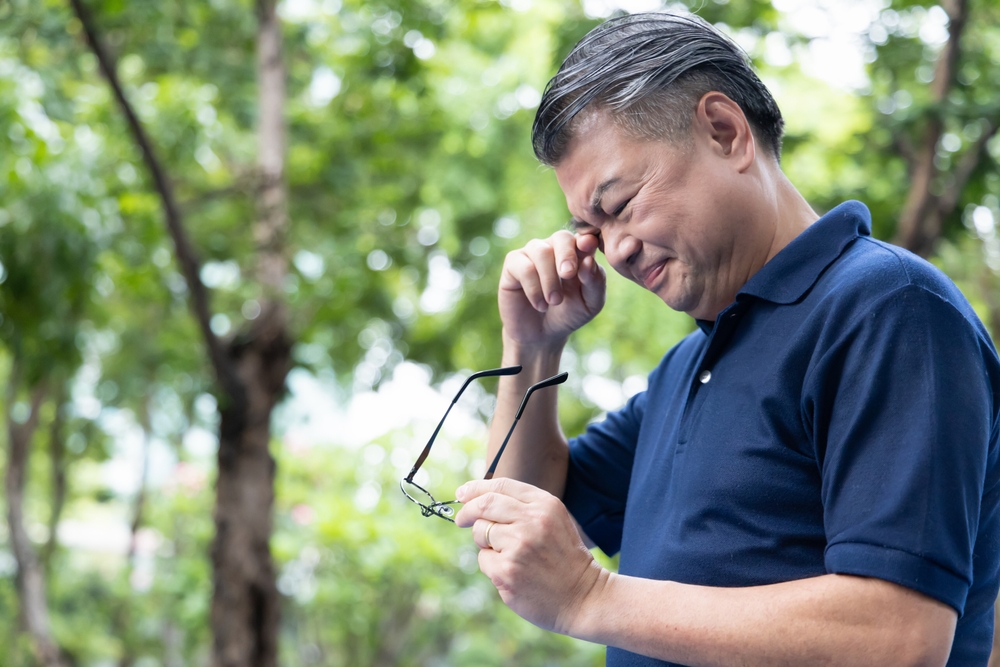How Does Age Affect the Development of Dry Eye?
Blog:How Does Age Affect the Development of Dry Eye?

How Does Age Affect the Development of Dry Eye?
Dry eye is a common condition that affects millions of Americans, and its prevalence increases significantly with age. If you've noticed your eyes feeling gritty, irritated, or excessively watery as you've gotten older, you're not alone. Understanding how age contributes to the development of dry eye can help you manage symptoms more effectively and maintain long-term eye health.
What Is Dry Eye?
Dry eye, or dry eye syndrome, occurs when your eyes don’t produce enough tears or when the quality of your tears is poor. Tears are essential for keeping your eyes lubricated, nourishing the cornea, and washing away debris. When tear production is inadequate or the tear film evaporates too quickly, the result is inflammation, discomfort, and potentially even damage to the eye’s surface.
How Age Affects Dry Eye
As we age, our bodies undergo a variety of changes, including those that affect our eyes and tear production. These age-related shifts can significantly contribute to the development of dry eye, a condition that becomes increasingly common in older adults.
One of the most prominent changes is decreased tear production. Tear glands naturally produce fewer tears with age, and this decline is particularly noticeable in individuals over the age of 50. Hormonal changes, especially in postmenopausal women, can further reduce tear production, making the eyes more vulnerable to dryness and irritation.
Another factor is the decline in eyelid function. Proper blinking is essential for evenly distributing tears across the eye's surface. Older adults may experience slower or incomplete blinking, particularly during prolonged screen use, which can exacerbate dryness and discomfort.
Medication use also plays a significant role. Many older individuals take medications such as antihistamines, antidepressants, diuretics, and beta-blockers—all of which can list dry eye as a side effect. These medications can interfere with tear production or alter tear composition.
Lastly, aging is associated with a higher prevalence of certain health conditions like diabetes, thyroid disorders, and rheumatoid arthritis. These systemic issues are often linked to dry eye and can make the condition more difficult to manage without proper care.
When to See Your Eye Doctor
While occasional dry eye symptoms might be managed with over-the-counter lubricating drops, persistent or worsening discomfort should be evaluated by an eye doctor. You should schedule an eye exam if:
Your eyes consistently feel dry, gritty, or irritated
You experience frequent tearing without relief
You notice vision changes along with dryness
Your symptoms interfere with daily activities like reading or using a computer
A comprehensive eye exam can help identify the cause of your symptoms and guide a personalized treatment plan.
Schedule Your Dry Eye Evaluation Today
Aging naturally impacts your eyes and tear production, making dry eye more common as you grow older. However, dry eye doesn't have to be a normal part of aging. With the right care and professional support, you can find relief and protect your vision.
If you're experiencing symptoms of dry eye, schedule an eye exam at Texas State Optical for personalized treatment options. Visit our office in Texas City, Texas, or call (409) 202-6984 to book an appointment today.



